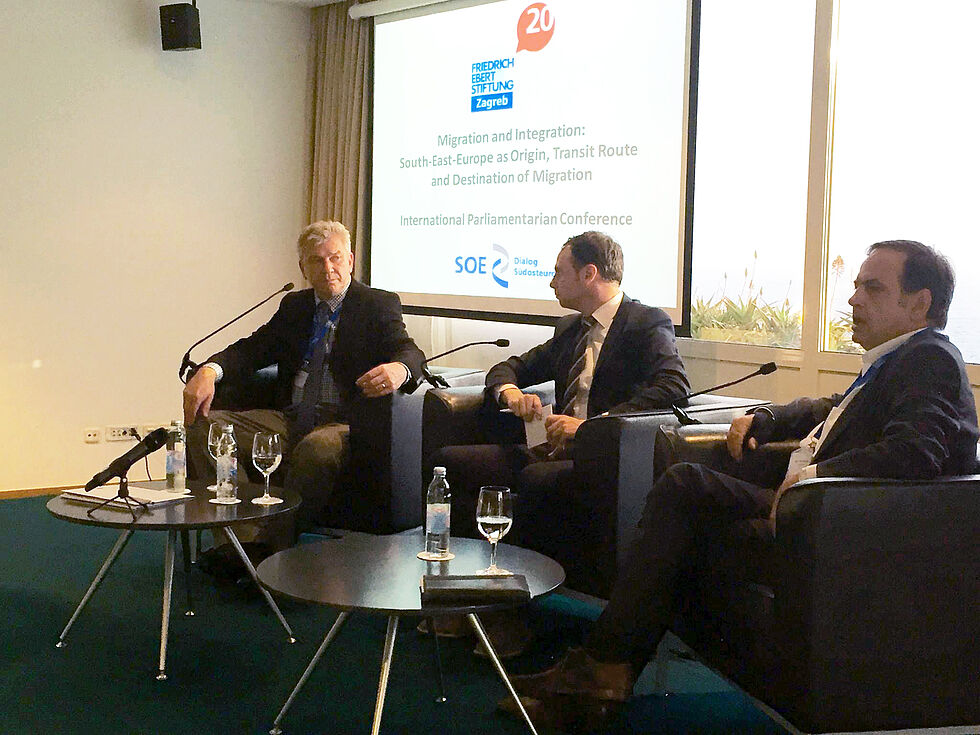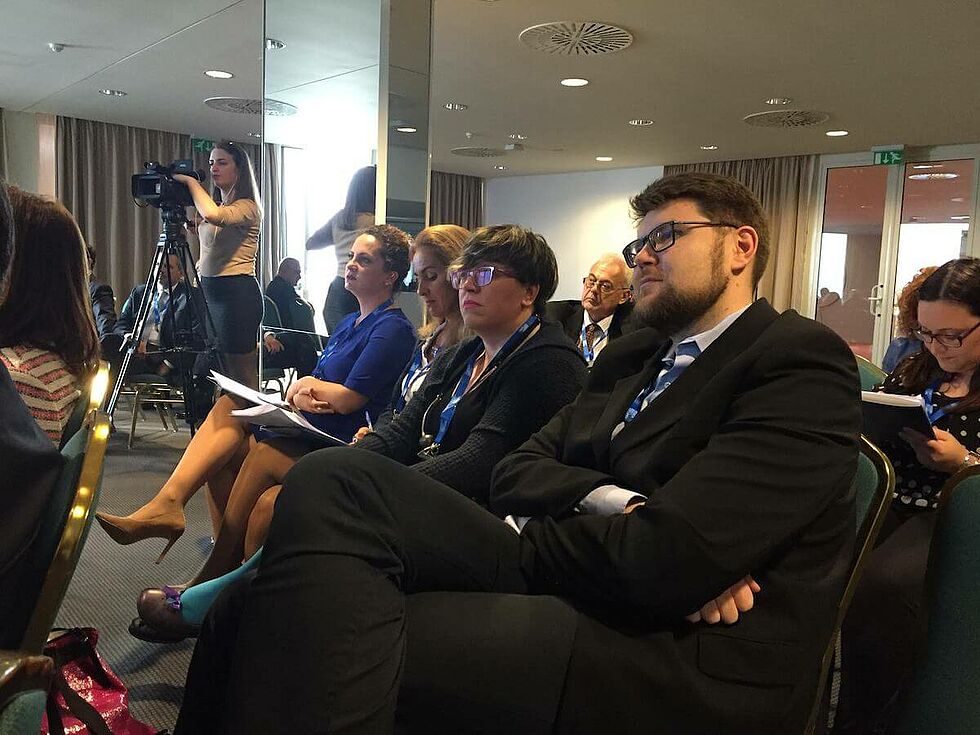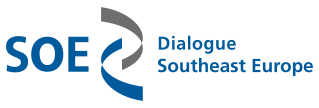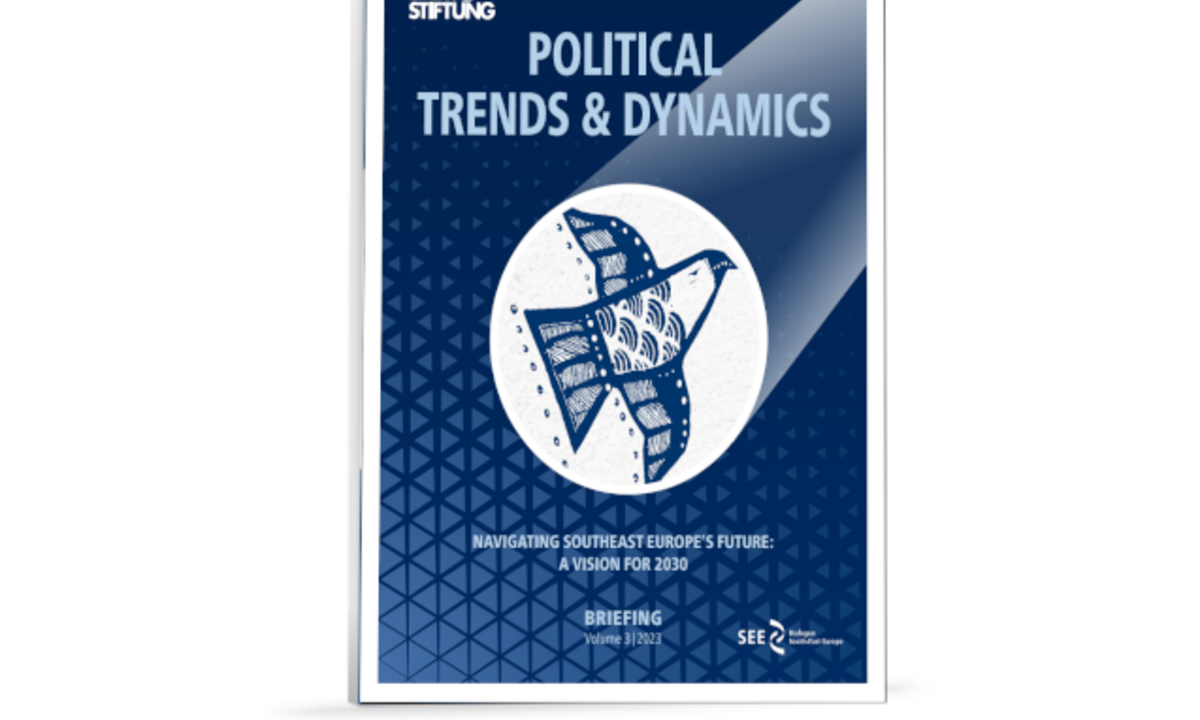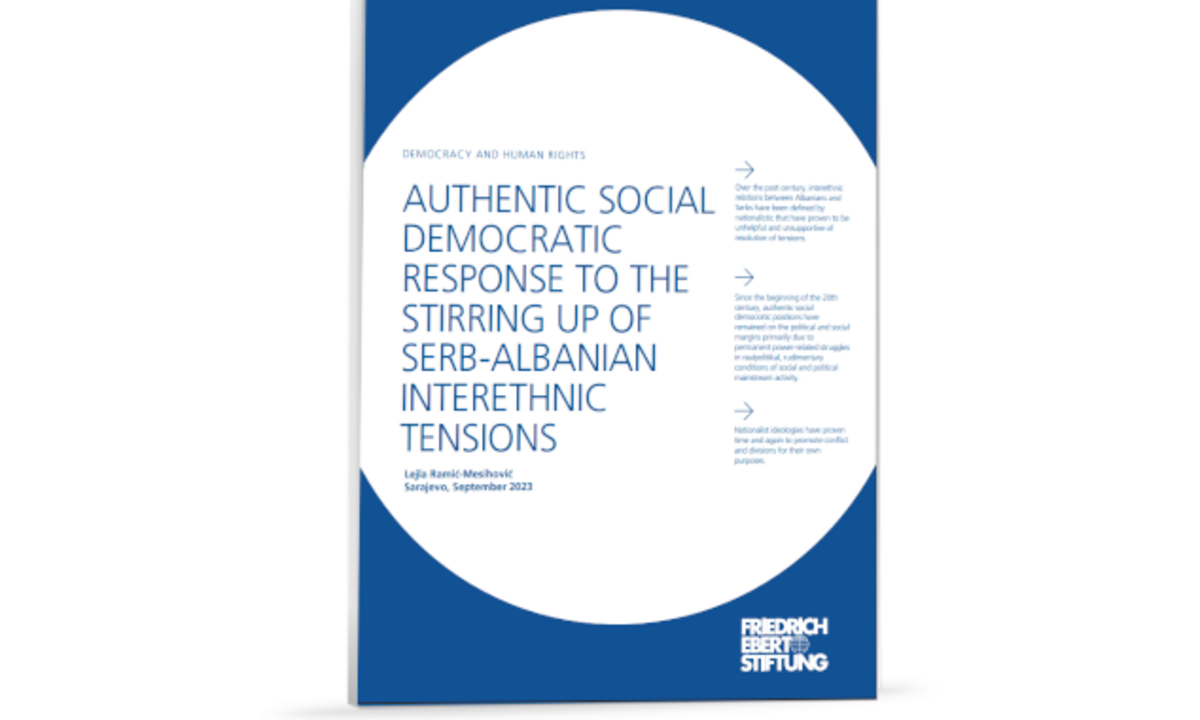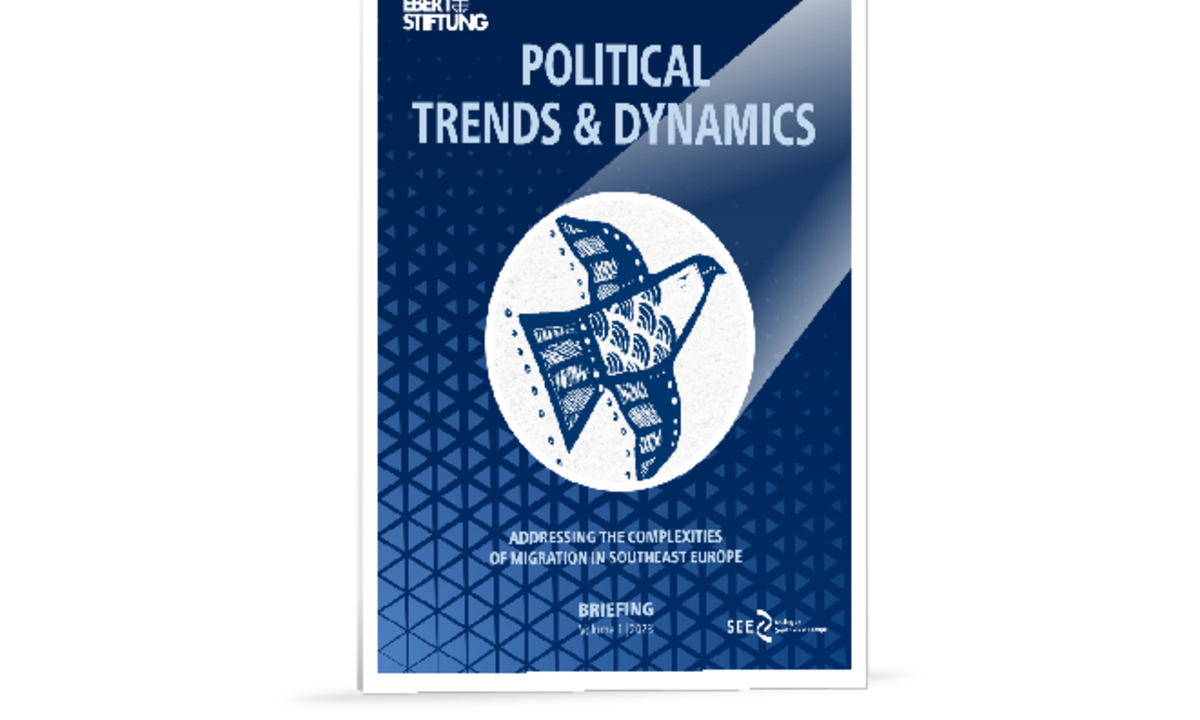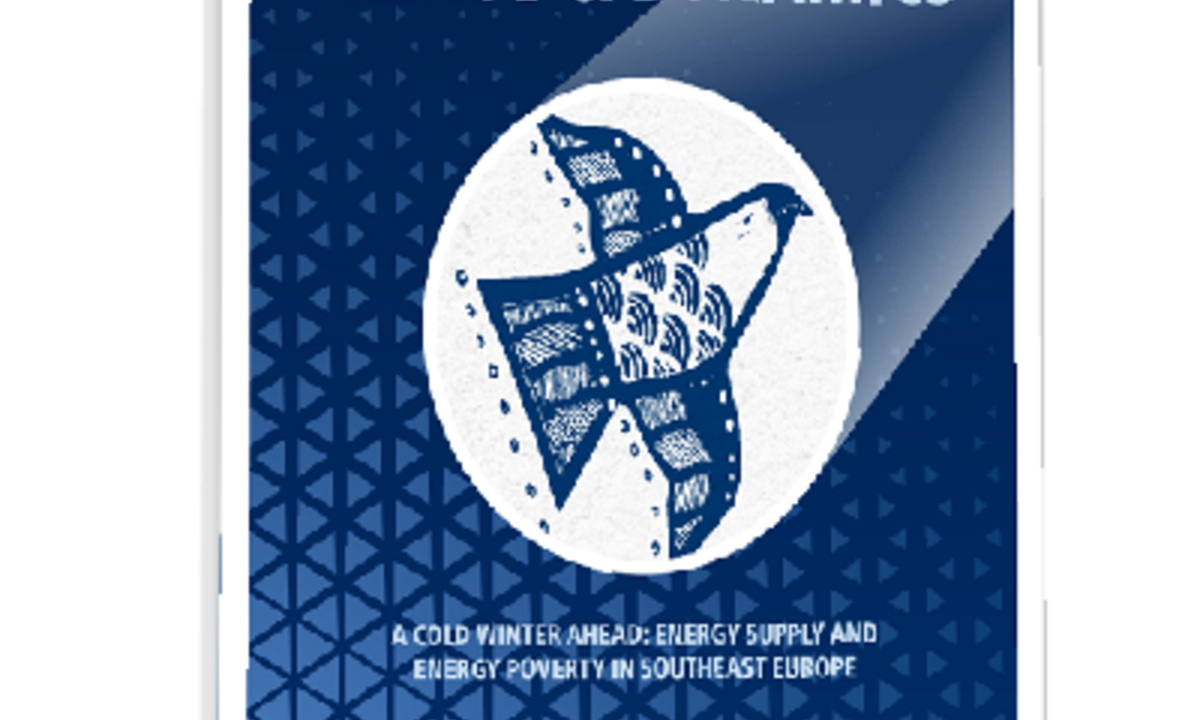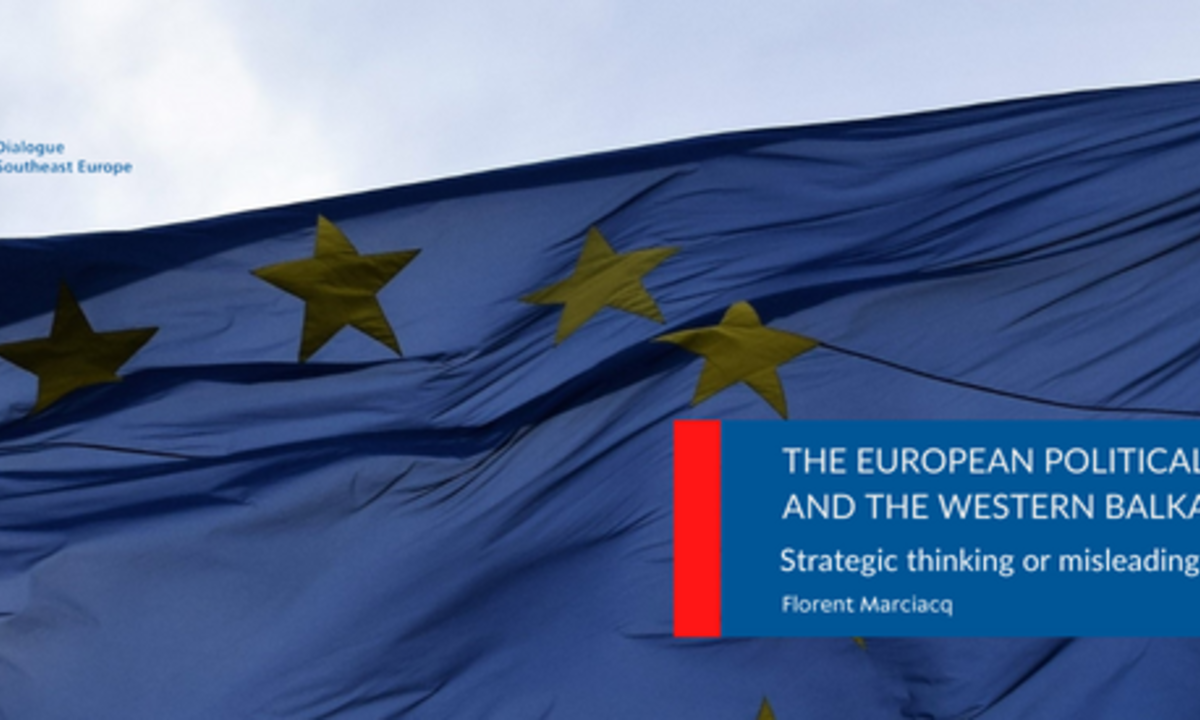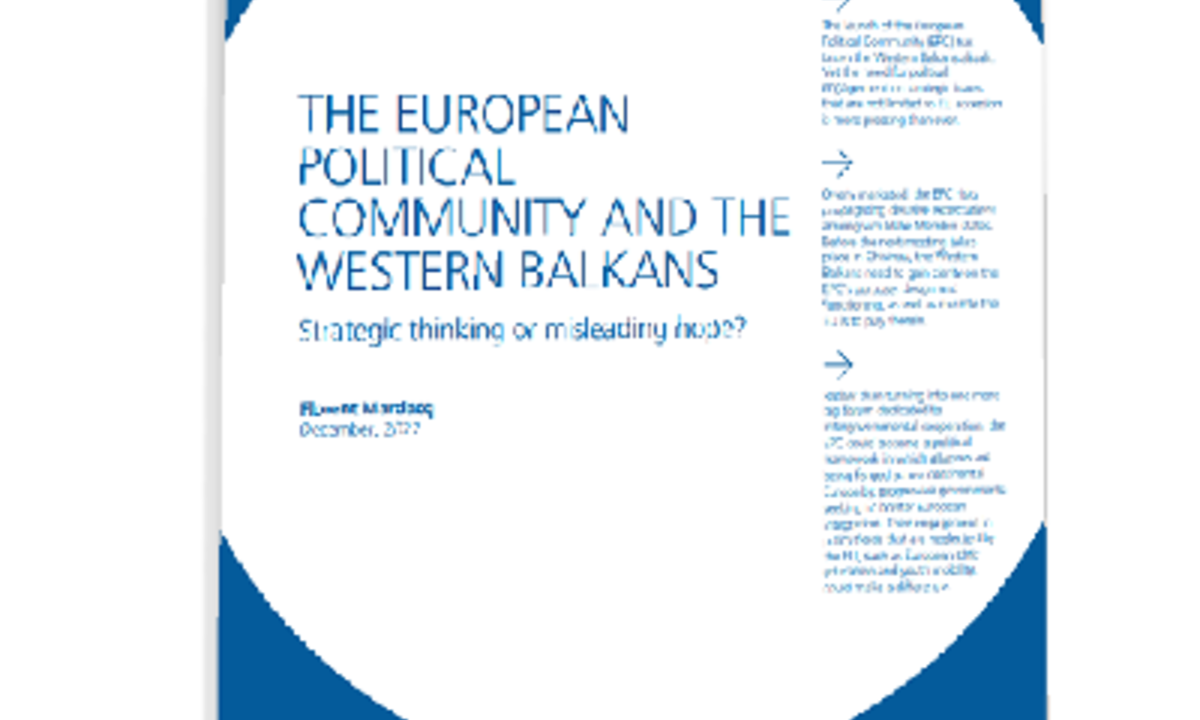Dubrovnik Dialogue: Southeast Europe as Origin, Transit Route and Destination of Migration
The premise of the forum was that southeast Europe has three key-roles to play in the migration crisis:
- People from certain countries are embarking on a journey to look for a better life in north and west Europe.
- Refugees from the crisis regions in the Middle East, Asia and north Africa are using the so-called "Balkan-route"
- Certain countries in southeast Europe need to prepare themselves to become “destination-countries” for refugees.
The discussion centered on the issue that the migration and refugee crisis is not merely a crisis of migration policy, but rather a crisis of the EU, its member states and aspiring members. As such the crisis revealed deep cleavages among them and showed the lack of a common plan on handling the situation with regard to the foundational values of the Union itself. In southeast Europe , the migration crisis is also not merely one of Middle Eastern, Central Asian, and African arrivals – it is also the widespread exodus of young people, in particular, from the region, also seeking asylum (albeit "merely" economic) in Western Europe. Furthermore the focus shifted to the broader context of European integration in the way how certain right-wing populist governments of the so-called Visegrad Group (V4) – Hungary, the Czech Republic, Slovakia and Poland in particular- responded to the influx of migrants and refugees both from the region of southeast Europe as well as the Middle East, Central Asia and North Africa.
Given the volatile situation, flexibility must be present on one hand, where the EU showed genuine leadership on the question of the refugees. However, long-standing strategies must be developed, while improvised solutions such as the Turkey deal must be avoided at all cost, as they are in violation of virtually all relevant European and international human rights legislation. Moreover, such deals are politically more costly for the EU, whilst legitimizing authoritarian political tendencies in some of the countries of southeast Europe.
Thus it was concluded that the EU, as well as the whole of southeast Europe is in a deep moment of crisis. Unified means of tackling the issues on a more substantive and democratic way if the crisis is to be handled in accord with the values and principles of the European Union. Which is not to say that commitment must come only from the EU, but also from aspiring member states, in terms of demonstrating their commitment to the rule of law and all relevant human rights laws. In this way the countries of southeast Europe could exercise their commitment to cooperation and stability not only within the region, but also in Europe as a whole.
The forum resulted in a publication, titled At the Gate of Europe: A Report on Refugees on the Western Balkan Route.
Friedrich-Ebert-Stiftung
Dialogue Southeast Europe
Kupreška 20, 71000 Sarajevo
Bosnia and Herzegovina
Team & Contact
Subscribe to our mailing list and receive our publications as soon as they are available: send us your contact info via info.soe(at)fes.de


